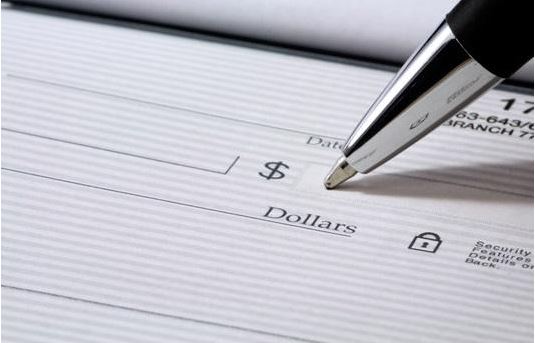It is not uncommon for general contractors to hire subcontractors to complete some or all of the work on a project. In order for subcontractors to be paid for their services, general contractors anticipate to receive full or partial payments from the owner for the work being completed. In order to protect themselves, most general contractors will add a “pay when paid” clause to a contract.
These clauses often lead to legal disputes between both parties. Payment clauses raise two different questions: “Is the contractor liable to pay the subcontractors if the owner never pays” and “When is payment due”?
Most payment clauses fall into one of two different categories: “pay-if-paid” or “pay-when-paid”. In the event that an owner fails to pay the general contractor, it is imperative that you or your construction lawyers NYC understand the arrangement as outlined in your contract to determine who bears the burden.
Pay-If-Paid
Contracts that contain a “pay-if-paid” clause place the risk of non-payment on the subcontractor not the Charleston general contractor. This means that if the general contractor does not receive payment from the owner, they are not required to pay the subcontractor for materials or services. This type of payment clause favors the general contractor over the subcontractor. During contract negotiations, subcontractors are responsible for determining if they are willing to have payment be contingent upon the property owner satisfying their financial obligations for the project. Additionally, both the contractor and the subcontractor will need to consider and negotiate what collection measures the general contractor will be required to take to collect payment from the property owner, before they can deny payment to the subcontractor.
Pay-When-Paid
Contrary to that of a “pay-if-paid” clause, a “pay-when-paid” clause favors the subcontractor. A “pay-when-paid” clause guarantees a subcontractor payment within a predetermined period of time following payment to the general contractor from the property owner. In the event the property owner neglects to pay the general contractor within a reasonable time, the subcontractor is still entitled to payment for materials and services rendered following the completion of their services. This clause protects the subcontractor in the event that the property owner neglects to keep their financial obligations, as subcontractors are entitled to demand payment from the general contractor prior to the general contractor receiving payment from the property owner.
Alternative Payment Clauses
There are circumstances where neither the “pay-if-paid” or “pay-when-paid” clauses are going to be in either party’s best interest. These circumstances lend for both parties to negotiate an alternate payment provision to be written into their contract.
When this option is pursued, it is going to be in the best interest of both the general contractor and the subcontractor to ensure that the agreed upon payment provision is as clear as possible, as ambiguous payment provisions are ripe for litigation. In addition, both parties need to be aware that some contracts with property owners may include acceptance rights, lien waivers, prohibitions on “pay-if-paid” and “pay-when-paid” clauses, among other provisions. These may limit the options available for the general contractor and subcontractor to negotiate and agree upon when setting up their own payment provisions. Before agreeing to a payment provision, both parties should have a clear understanding of the risk involved and any remedies that are available.
If you have any questions on a payment clause in a construction contract, be sure to consult with construction lawyers NYC to ensure you know your rights and are protected. Warren S. Dank, ESQ., P.C. has years of experience in helping negotiate construction contracts that protect you and your investment. Before you sign a legally binding contract, contact the office of Warren S. Dank, ESQ., P.C. today.

